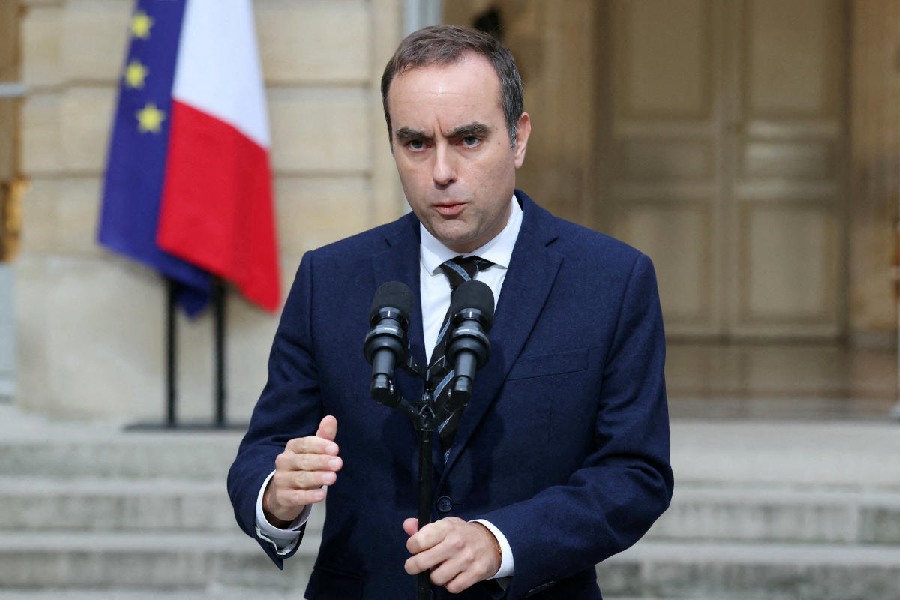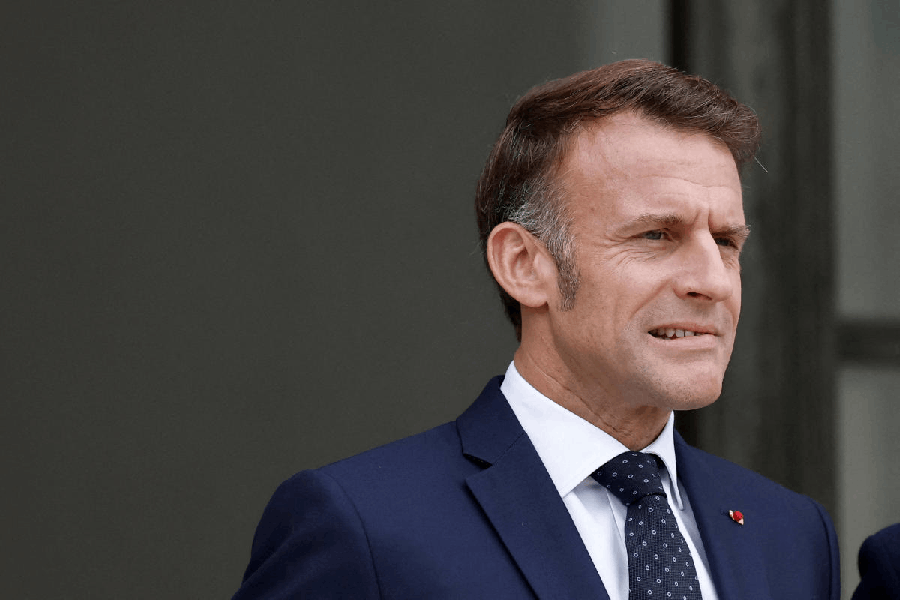Sebastien Lecornu began his second stint as French prime minister under a cloud of uncertainty on Saturday, forced to pick a new cabinet to present a budget by a Monday deadline as rivals pledged to topple his government.
French President Emmanuel Macron reappointed his staunch supporter late on Friday, just days after Lecornu had resigned from the post, saying there was no way to form a government capable of passing a slimmed-down 2026 budget through a deeply divided parliament.
Lecornu's 27 days in office made him the shortest serving prime minister in modern French history, but there is no guarantee he will last any longer this time round.
Macron's decision to reappoint Lecornu enraged some of his fiercest opponents who have argued the only way out of France's worst political crisis in decades is for the president to call fresh legislative elections or resign.
Leftist, hard-left and far-right parties all said they would vote to topple Lecornu, leaving him reliant on the Socialists, whose leaders have so far kept mum on their plans.
Lecornu's inbox is pressing. By Monday, he must present a draft budget bill - first to cabinet, and then on the same day to parliament. That means, at a minimum, the ministers responsible for finance, budget, and social security must be appointed by then.
Neither the Elysee palace nor Lecornu's office, Matignon, gave immediate indication on when he could name his cabinet, or who could be in it.
In an X post on Friday, Lecornu said that whoever joined his government would have to renounce their personal ambitions to succeed Macron in 2027, a contest that has injected instability into France's weak minority governments and fractious legislature. He pledged a cabinet of "renewal and diversity".
Lecornu has not disclosed any details about what is in the draft, but he did say after he resigned that the budget deficit must be reduced to between 4.7 per cent and 5 per cent of economic output next year, a bigger gap than the 4.6 per cent targeted by his predecessor. The deficit is forecast at 5.4 per cent this year.
It remains to be seen what he will do about repealing Macron's pensions reform and adding a billionaires' tax - two measures the Socialists had made their price to support his weak minority government.











